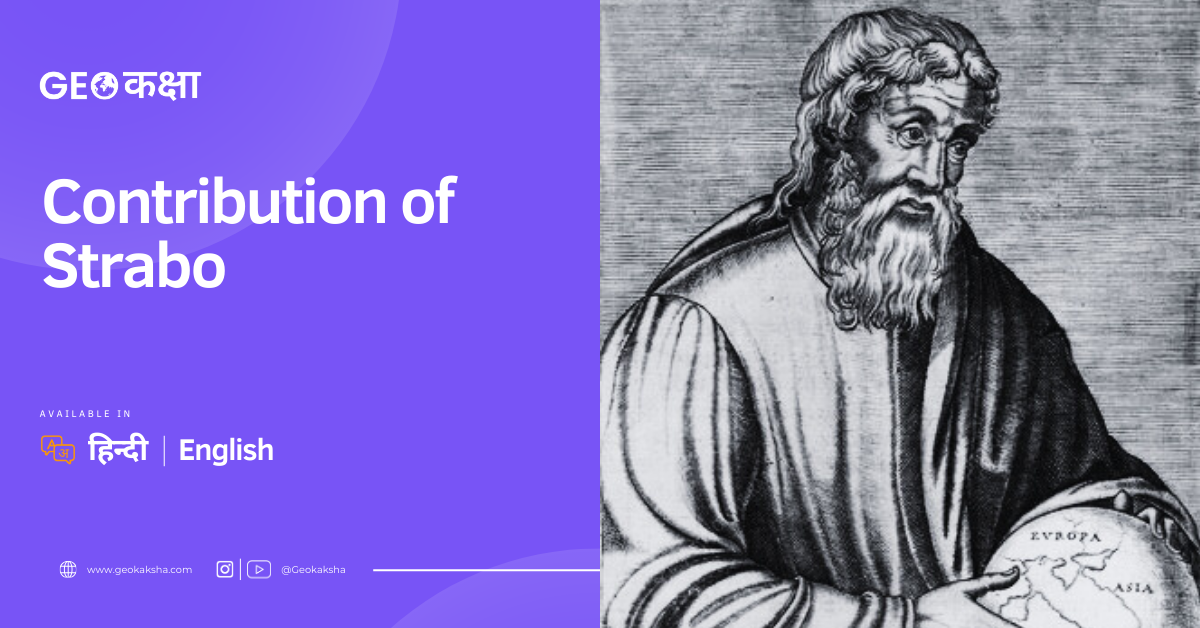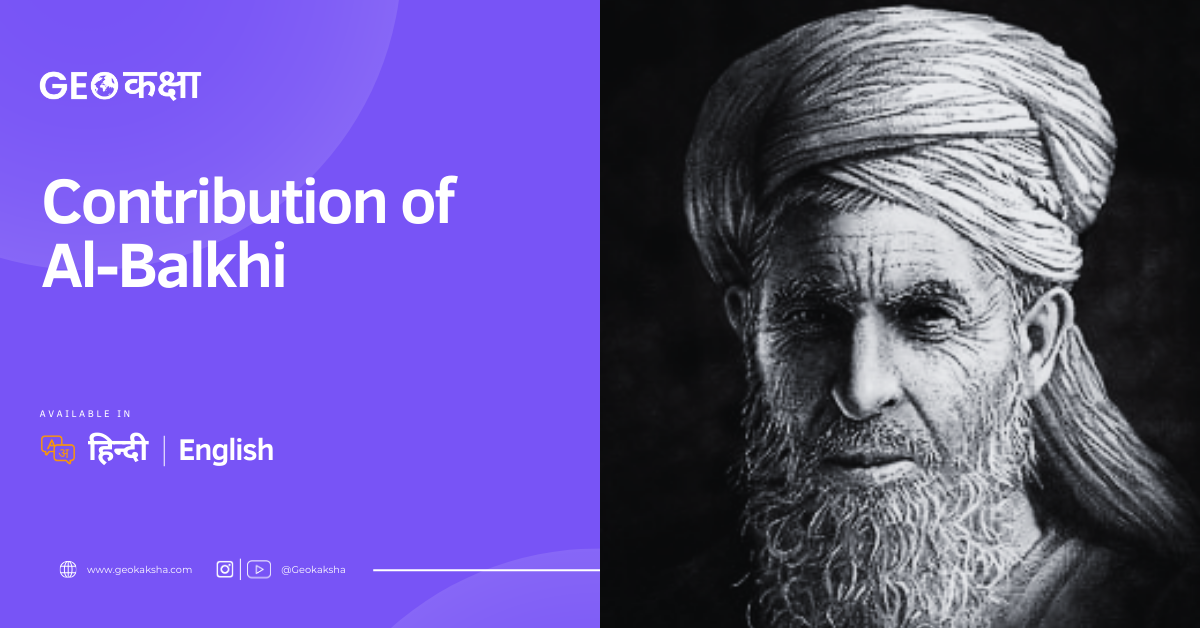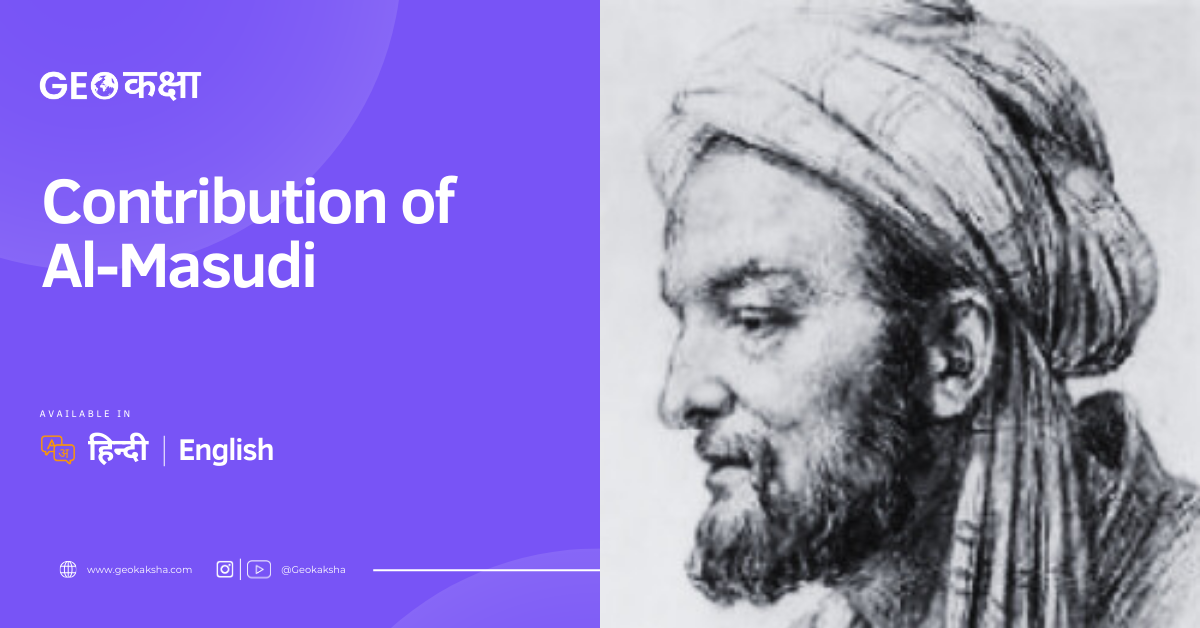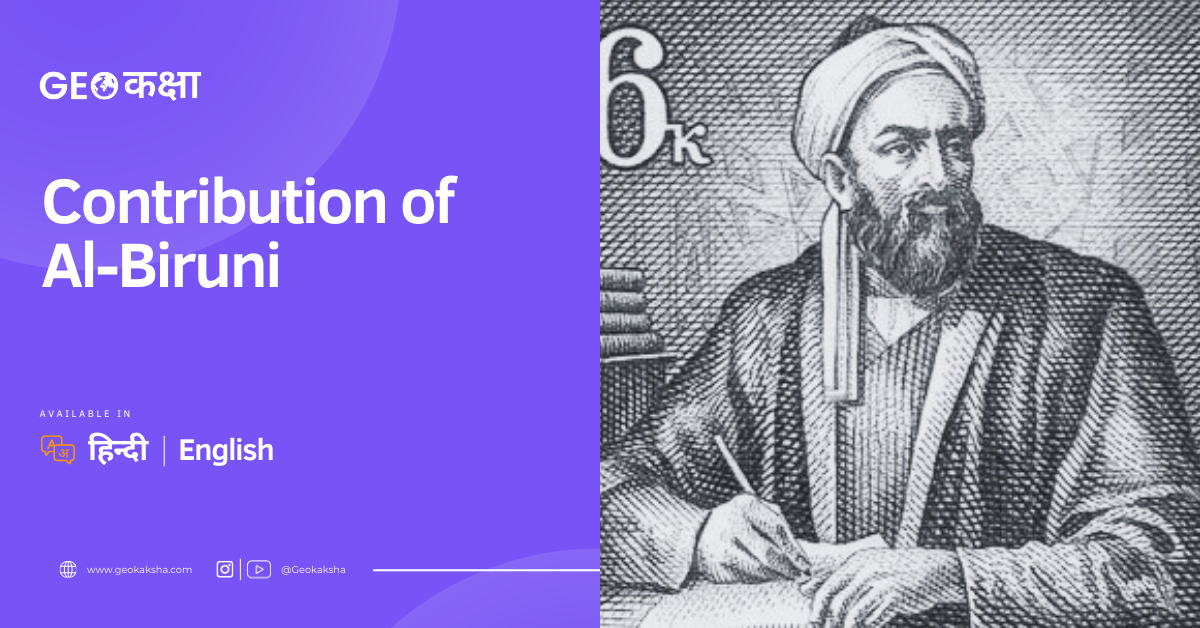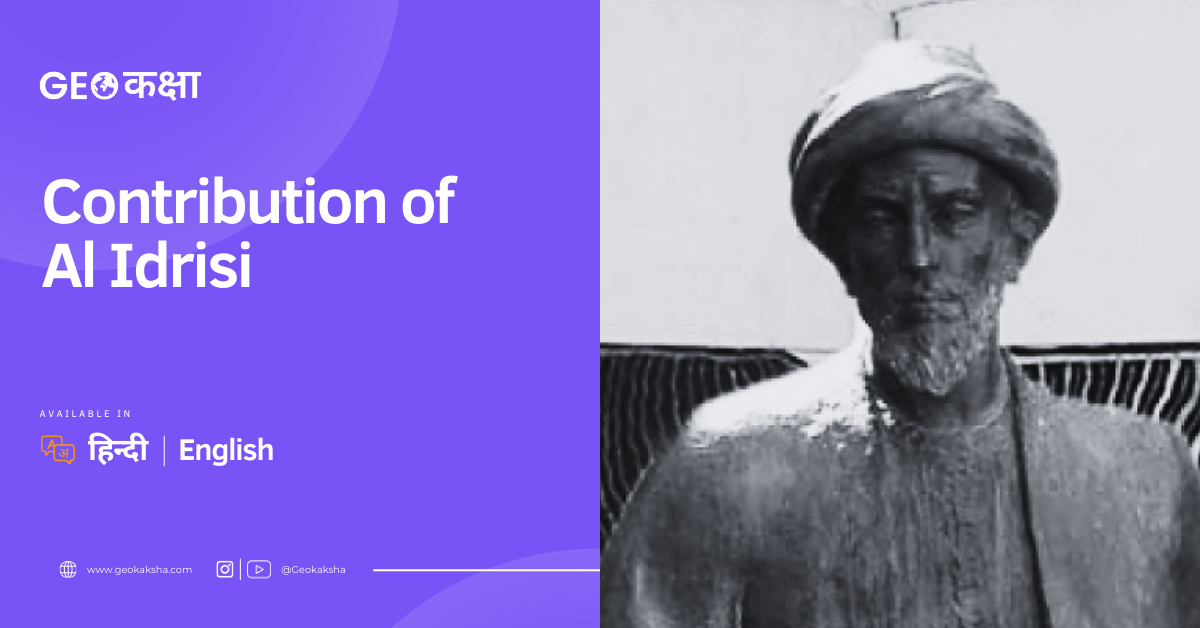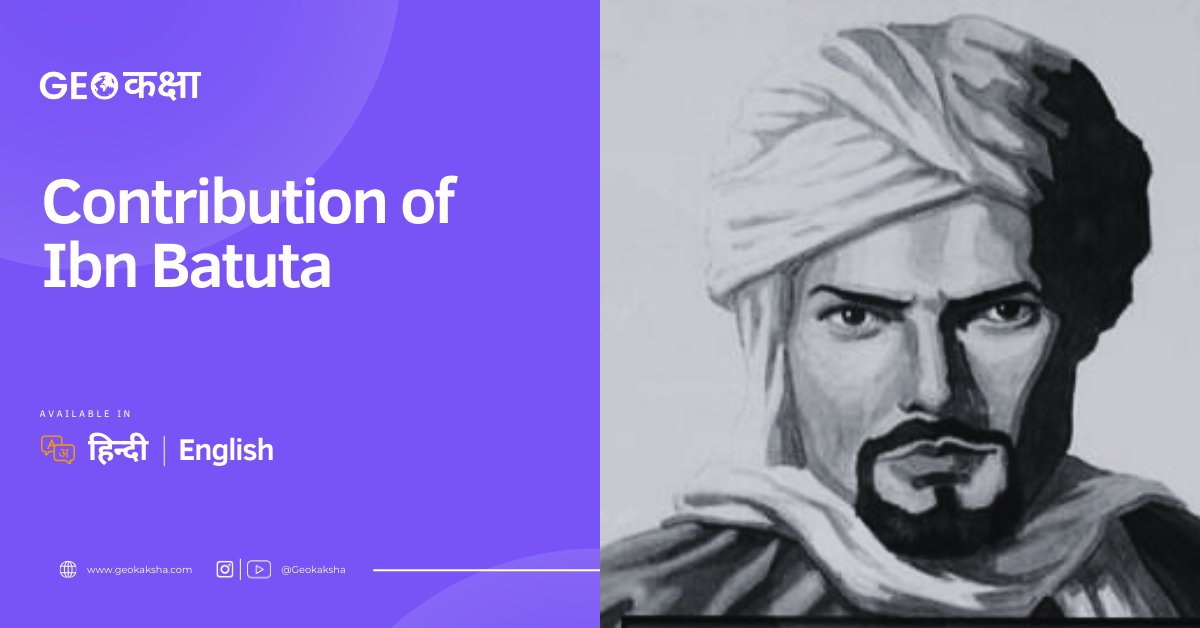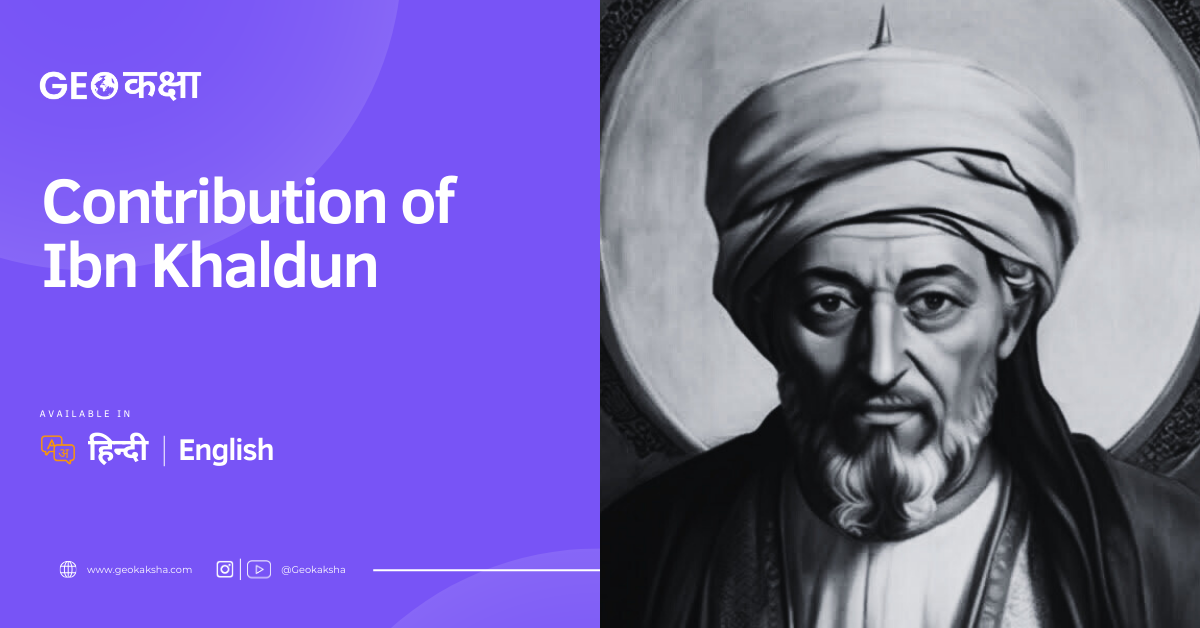Introduction
Arab geographers have made significant contributions to the field of geography, particularly during the Islamic Golden Age (8th to 14th centuries). Their works not only advanced geographical knowledge but also laid the foundation for later developments in the discipline.
Table of Contents
Area of Work
Arab geographers conducted extensive travels, observations, and documented their findings, contributing to a vast body of geographical knowledge. They extensively explored various aspects of geography, including cartography, climatology, hydrology, and ethnography.
Specialization
Arab geographers specialized in diverse areas such as astronomy, and mathematics (mathematical geohraphy), which were crucial for accurate mapping and exploration. They also developed sophisticated instruments for navigation and astronomical observations.
Significant Contribution
One of the most significant contributions of Arab geographers was the preservation and translation of classical geographical works of Greek and Roman geographers, which were largely lost to Europe during the Middle Ages. They synthesized this knowledge with their own observations, significantly advancing geographic understanding.
Major Works
Among the notable works of Arab geographers is Al-Idrisi's "Kitab al-Rujari" (The Book of Roger), a comprehensive geographical encyclopaedia.
Another seminal work is Al-Masudi's "Muruj adh-Dhahab wa Ma'adin al-Jawhar" (The Meadows of Gold and Mines of Gems), which provides valuable insights into various regions and cultures.
Additionally, Ibn Battuta's "Rihla" (The Travels) stands as a monumental travelogue documenting his extensive journeys throughout the Islamic world and beyond.
These works continue to be revered for their depth of knowledge and insight into geographical phenomena.




